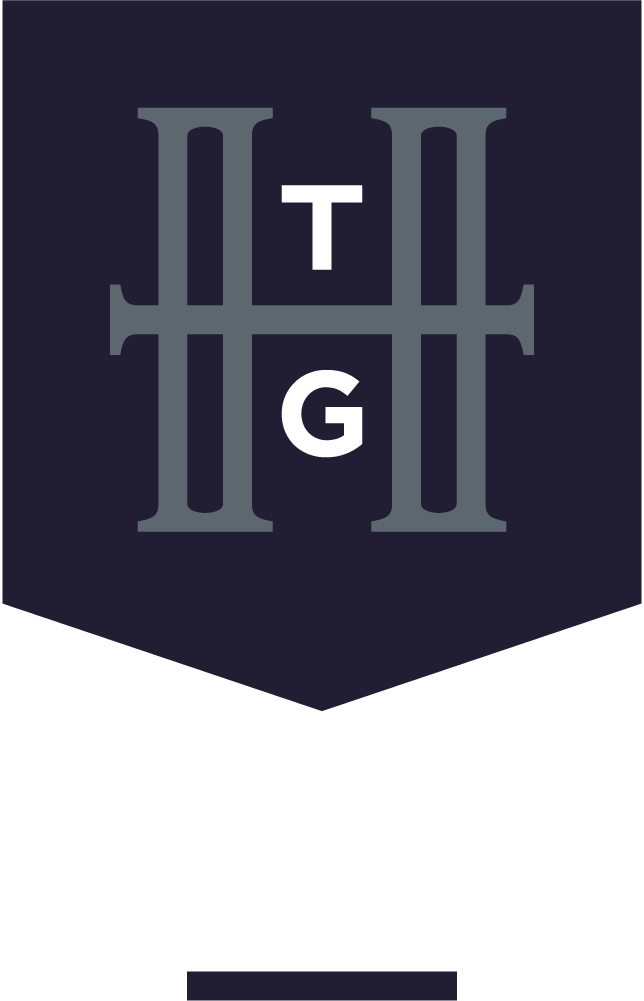What Do You Want?
So on the heels of reporting my disappointment -- that, after a week of caregiving and "care-feeling," the response to settlement talks had resulted in a request for a longer permitted period of cohabitation with another -- Dr. Thompson simply asked me this:
"What do you want?"
I hesitated.
For an uncomfortably long minute. For me, at least.
You see, I know what I think the "proper" answer is to the question of "what do you want?" It would be "full and complete reconciliation and restoration." That is what I'm supposed to want, isn't it?
But . . . I have prayed for that for a long, long time. And in the silence that followed, I don't think it's fair to say that I lost hope, but rather that I grew to understand that it really does take two to tango. At least for now, that dance will not happen. Maybe that is a loss of hope after all. Or maybe it's just a simple reality. So the question returns:
"What do you want?"
Want? Is it okay to want? If the Lord is my shepherd, I shall not want. That's what David said.
Want is a synonym for desire. Is desire a good thing? If I am supposed to be content in my current circumstances, am I permitted to desire anything else? Shouldn't I be happy with what I have? These are my questions deep down, I think.
Curt pressed the question again: "What do you want?"
I DON'T KNOW WHAT I WANT.
I don't think I deserve to want anything. If I do want something, doesn't that mean that I'm unthankful for what I already have?
Of course, I didn't express all these thoughts out loud. My head was spinning from a simple four-word question; and I only distilled my thoughts when I sat down to write this journal entry. So in our session -- from the doctor to the patient, the wordless, speechless patient -- Curt said:
"Shame shears our ability to desire." Or, did he say, "shame shears our ability to experience desire." I'm not sure the difference matters. I think I get the point. Shame blocks me from being me. Shame involves, to some extent, self-loathing, not self-love. And even Jesus linked my ability to be fully human -- to be able to love another -- to my ability to love myself. "Love your neighbor as yourself."
So we played a game. Curt would say something personal, and I would react. At first, I didn't realize what we were doing. Then, I did. My reactions or responses to Curt's volleys -- as it turned out -- reflected a man stuck in his shame. With him, the most obvious sign of shame was my inability to look him in the eye when I spoke back. To the left, most of the time. But sometimes to the ceiling or sometimes to the right. A deflection.
How else do I manifest shame in my interactions with others? As I focused on this question over the next two weeks, I found that I clench my jaw, I purse my lips, I do not smile (and when I do, it's a guarded smile, lest I be too vulnerable in showing teeth), I furrow my brow, I look away, and sometimes I feel heaviness in my shoulders and chest. These are clear physical manifestations of something about which I'm uncomfortable. And that something is me.
I'm uncomfortable about me. There must be 101 reasons why I'm a fake, why I'm not good enough, why I'm in the wrong league, why I don't belong.
As I reflected on all of this, I think I may have best described how I feel when I wrote my two Hollow entries several months ago. That is the feeling that I am now tackling to the ground. And, as I do so, I've noticed that I'm finding something totally unexpected and wonderful:
Freedom.

